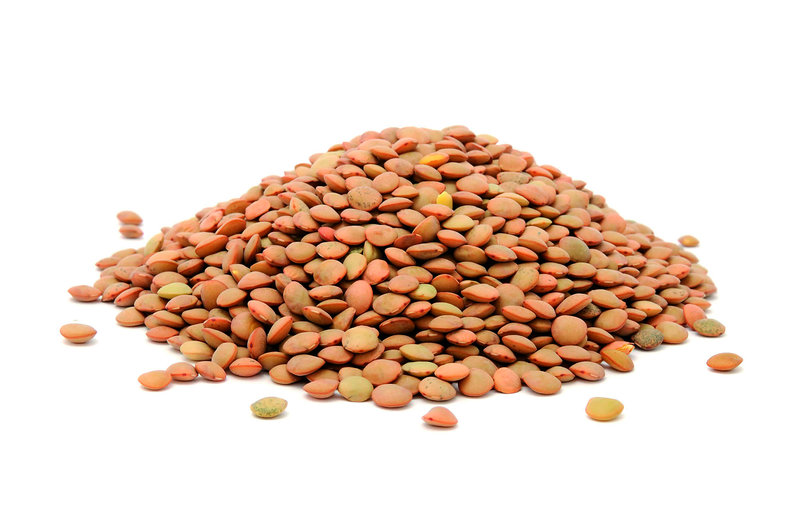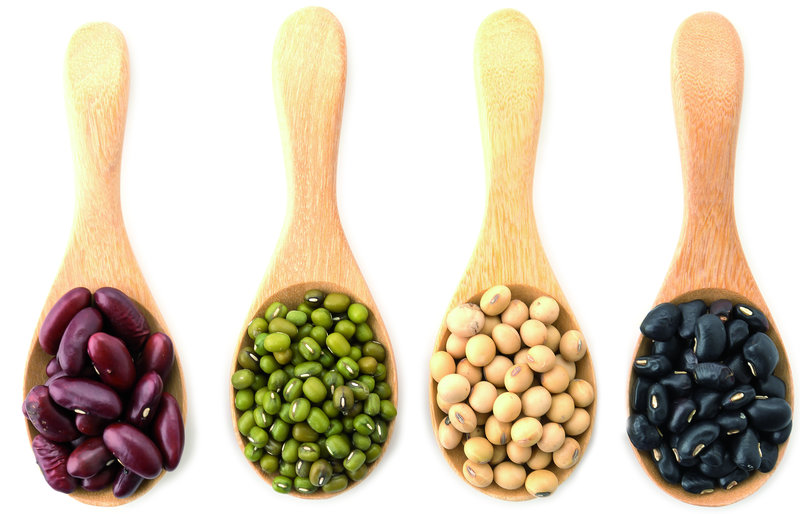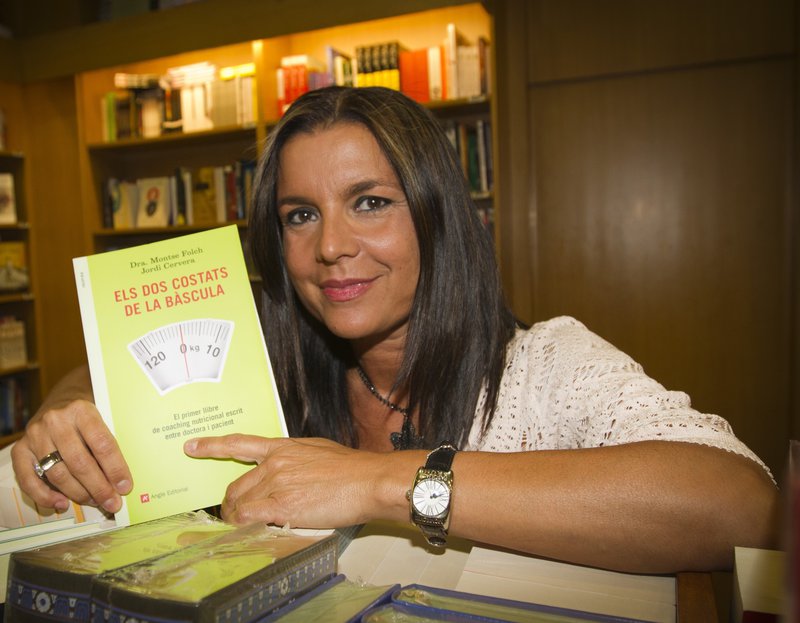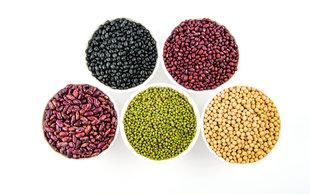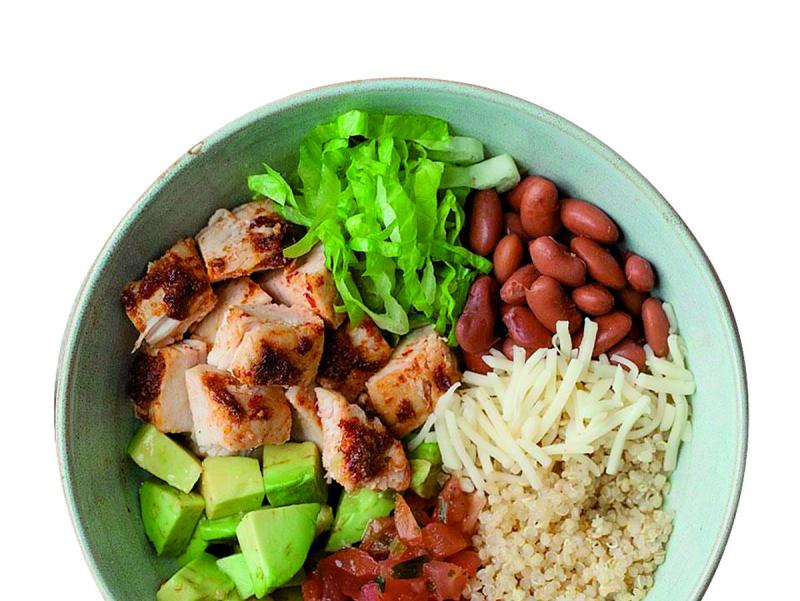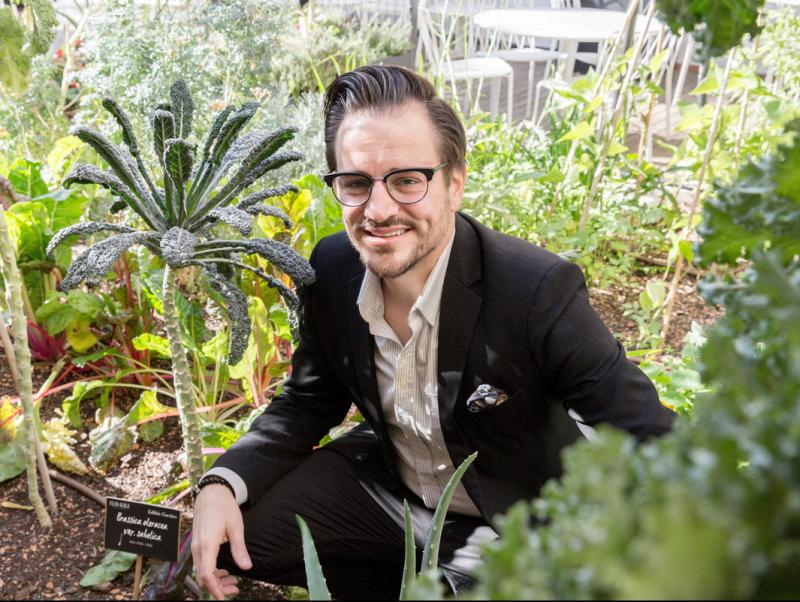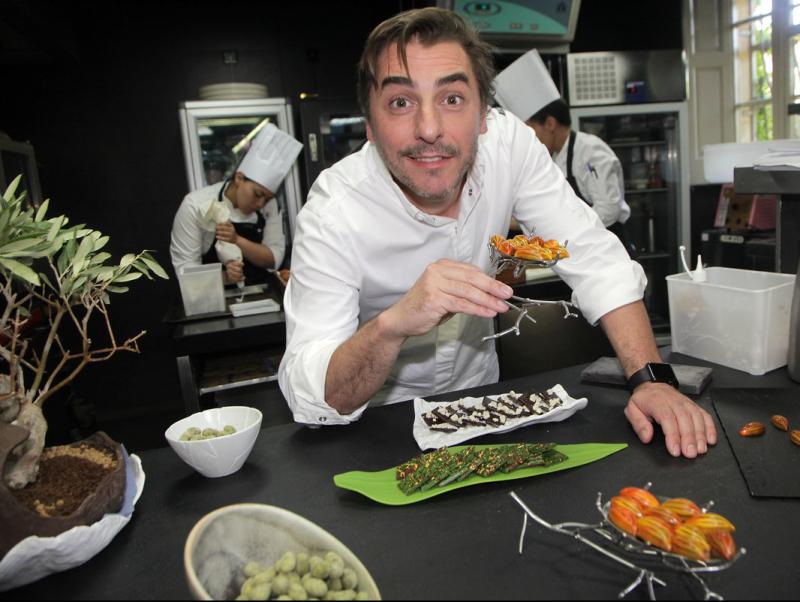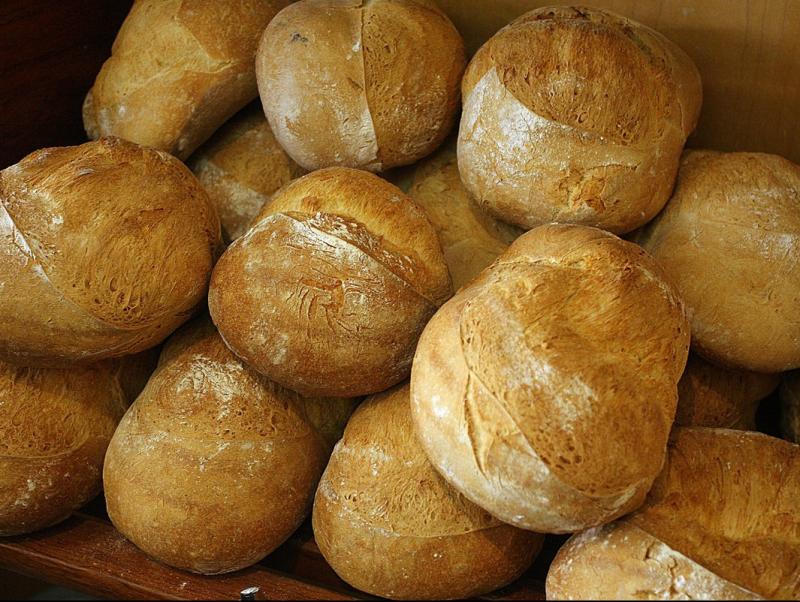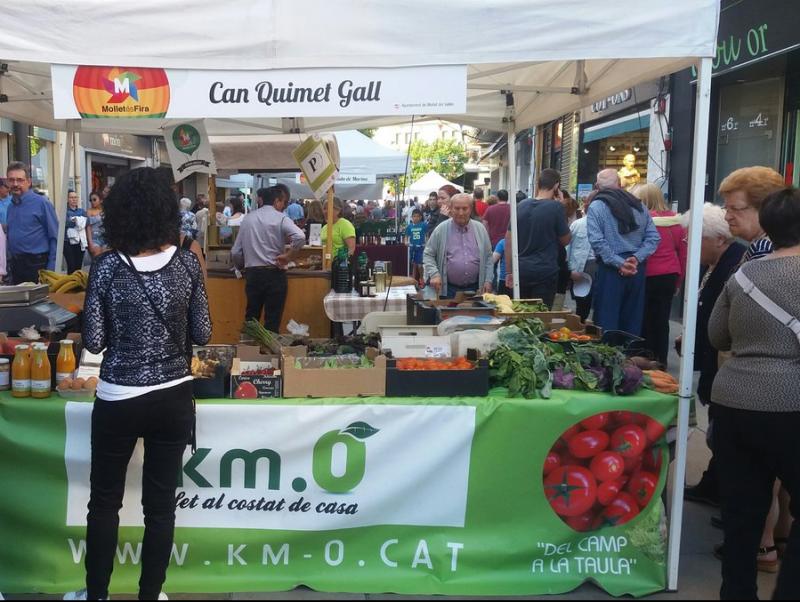Nutritionist Doctor Montse Folch has written 10 books promoting nutrition, diet and healthy eating. Among them is La dieta dels colors, which came out of her work with the Divendres programme on TV3 . The aim of the book was to come up with an easy way to help people lose weight. To make it more visual and easier to follow, Dr. Folch classified food groups into four colours: yellow for carbohydrates, green for vegetables, brown for fats, and red for proteins. Folch’s proposal was very simple: in every meal we should try to mix proteins, carbohydrates and fat, and we can then add all the vegetables we want.
Your ideas make a lot of sense, but does the perfect diet really exist?
The perfect diet is a healthy and balanced one, with a bit of carbohydrates, proteins and fats, plus vitamins and minerals.
The problem for a lot of people is quantity.
In my book, I gave some guidelines because people ask for them, but I don’t like to focus on that. What I recommend is eating less than what you would normally eat, especially for dinner, and to always do this.
What about people who go for dissociated diets and get obsessive about not mixing proteins and carbs.
Dissociated diets are also an option, but you need to do it well. If you eat vegetable protein, you shouldn’t eat animal protein. The recommendation in this case is to mix rice and pasta with vegetables, and meat and fish with vegetables. But you can’t generalise. When you decide to go on a diet to lose weight, you need to do it in a personalised way and use a lot of common sense.
Are we getting too obsessed with diet?
We care more and more, and that’s good. Healthy eating is now taught in schools and it’s accepted as an essential factor in preventing certain diseases. But we sometimes get so many different messages, often contradictory ones, and we lack basic information. The other day, for example, I was talking to a highly cultured man who told me he had high uric acid. I asked him if he ate asparagus and he said yes. It’s a case of a lack of basic information about nutrition.
But sometimes we are taught very basic truths. Like when we are encouraged to follow a Mediterranean diet, and we find out that this was what our grandparents or our parents did without any nutritional advice at all…
That’s true. But life has changed a lot. Nowadays we have a more sedentary lifestyle and more anxiety, which sometimes leads to eating more fats and sugar.
And how can we follow a healthy and balanced diet if stress is making us eat more sweet things?
If you want to lose weight, you need to control your diet. But if you don’t want to lose weight and you are healthy, you don’t have to worry too much about occasional excesses. If you eat too much one day, the next day you make up for it. On the contrary, I think that we have to enjoy our food, and if you are healthy, then there isn’t any such thing as forbidden food for you. I always tell people who want to lose weight that they can allow themselves a treat every two weeks. But I don’t need to know anything about it.
And can we eat something like steak two days a week?
The Sociedad Española de Nutrición Comunitaria, which promotes the WHO’s latest advice about healthy diets, recommends eating red meat once or twice a month.
From a nutritional point of view is there any difference between homemade cooking and industrial cooking?
Of course there are differences. Industrial cooking always uses saturated fats and more salt and other additives. In theory it’s always better to eat homemade food. But the quality of the raw material is also important. If the ingredients are not high quality, then the theory doesn’t work. I always say that a good catering meal is better than a bad homemade meal.
What does it mean to cook well?
I’m a fan of soups and stews, above all because they’re delicious. In general it’s better to steam or grill than boil, because the food loses its properties. And avoid burning meat, or oil, or eating too many fried things.
Are science and technology contributing to a healthier diet? GM foods, for example, are quite controversial.
I don’t know about healthier. What is certain is that some advances allow certain necessary and essential foods to get to more people.
What do you think about super foods and the trend in eating less usual products like quinoa?
With our traditional foodstuffs we have more than enough to cover all our nutritional needs. But it’s true that in everything, and also in diet, there are marketing campaigns. It’s as healthy to eat lentils as quinoa. From this point of view you don’t need to eat quinoa, because we already get what it gives us from our Mediterranean diet. Another thing is if you want to eat it for pleasure. There are also other foods, such as cranberries and broccoli, which have been shown to have an antioxidant effect, which is good for our cells.
You need to invest time and money to do quality cooking. Is it more expensive to eat healthy, good food?
No. On the contrary. In the long run it’s more expensive to eat bad food, because if you have high cholesterol, for example, then you will have to buy the pills you need to reduce it.
food interview

